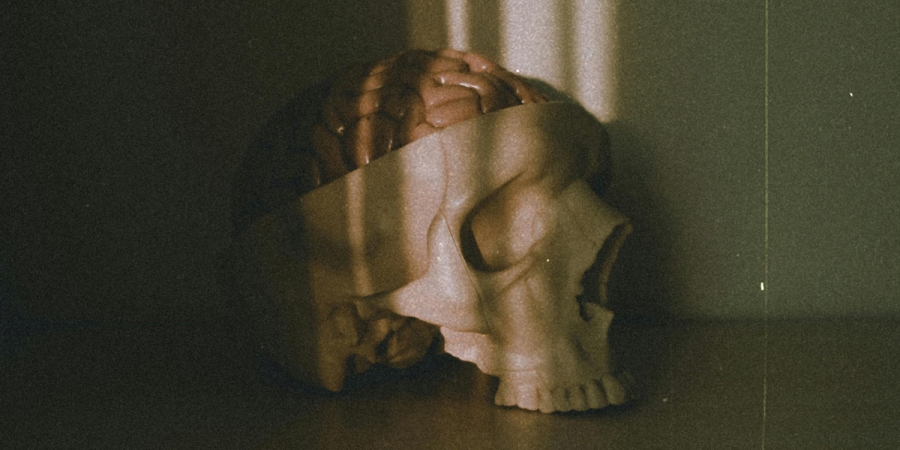
Photo: Sami Aksu

Photo: Sami Aksu
The term "illusory correlation" refers to a psychological phenomenon where people mistakenly believe there is a relationship between two events or situations, even when no connection exists. This concept is especially relevant in ghost hunting and the paranormal community, where random events are often interpreted as being linked to supernatural causes.
For example, if you were in an allegedly haunted location and you heard a creak just as you asked a spirit to make a noise, you might jump to the conclusion that the spirit was responding to your request. This is an illusory correlation between your question and the noise. In reality, the creak could simply be the result of the natural settling of the building or changes in temperature, which are common causes of such sounds.
Similarly, a digital audio recorder used to attempt to capture Electronic Voice Phenomenon (EVP), which are believed to be voices of the dead, might pick up random noise. An investigator might wrongly interpret these noises as meaningful responses from spirits, seeing a connection where there might not be one.
This principle doesn't necessarily rule out the possibility of experiencing genuine paranormal activity. When a noise like a creak occurs immediately after asking a spirit a question, or when a spirit's voice is recorded, these could potentially be evidence of paranormal activity. However, we should be aware of the illusory correlation results and be sure to rule out all possible natural explanations before making the leap to a paranormal conclusion.
This might involve checking that the building is structurally sound, considering weather conditions that could cause the building to settle or creak, or checking for electronic devices that might have interfered with an audio recorder. If no satisfactory natural explanation can be found, the occurrence might then be considered potential evidence of the paranormal.
Illusory correlation is closely related to the logical fallacy known as "post hoc ergo propter hoc," which is Latin for "after this, therefore because of this." This fallacy occurs when someone assumes that because one event follows another, the first event must have caused the second. It's a common error in reasoning that can lead to an incorrect conclusion.
A paranormal investigator might use a spirit box, a device used by ghost hunters to communicate with spirits through radio frequency sweeps. If they receive a response through the device immediately after asking a question, they might conclude that the response is a direct answer from a spirit. This is a classic example of "post hoc ergo propter hoc." Just because the answer followed the question, they assume the question caused the response. In reality, the response could be coincidental or due to other factors unrelated to supernatural communication, such as radio interference or random noise.
The illusory correlation might play a part in strengthening someone's belief that they are living in a haunted house. Once they believe their house is haunted, this psychological phenomenon can make individuals more likely to interpret ambiguous stimuli as paranormal, like shadows, sounds, or cold draughts. If a light flickers or a door slams when there is no apparent cause, someone already convinced of a haunting might attribute these occurrences to ghostly activity rather than exploring mundane explanations such as electrical issues or wind.
The illusory correlation extends beyond ghosts and ghost hunting to influence various aspects of the paranormal. If someone reads about increased UFO activity in their area and, around the same time, notices an unusual number of military aircraft flying overhead, they might mistakenly connect the increased military presence with the UFO reports. Illusory correlation also plays a role in how people perceive the accuracy of psychic predictions. If a psychic makes a vague prediction about an event and something even remotely similar occurs, people may believe the psychic successfully predicted the future.
By understanding the concept of illusory correlation, ghost hunters can take steps to minimise its effects and better identify when their judgements may be influenced by preconceived notions or incorrect connections between unrelated events. This might involve adopting a more scientific mindset and approaching each investigation with the aim of disproving rather than proving paranormal activity. This skepticism should be coupled with meticulous documentation of all observations and conditions, providing a comprehensive record that can be critically analysed and revisited.
Understanding illusory correlation helps paranormal investigators approach reported sightings and hauntings with a more critical eye. It encourages them to seek out solid, empirical evidence and consider all possible explanations for an event, rather than jumping to conclusions based on preconceived notions or loosely connected occurrences. However, just because we might make the mistake of linking events that aren't really connected, it doesn’t mean that ghosts or other paranormal phenomena aren't real. It just means we need to be thorough in how we gather and interpret our evidence.
More Essential Parapsychology
See All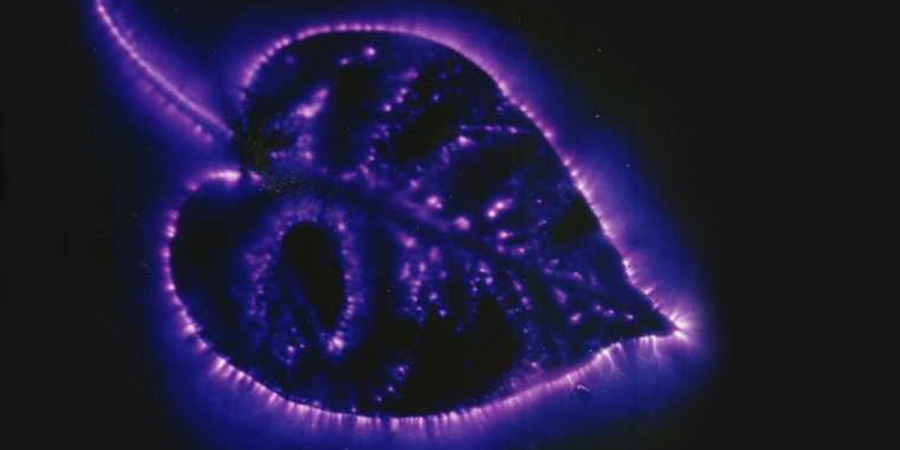
ArrayOctober 11, 2024
The Reality Behind Kirlian Photography’s Glowing Auras
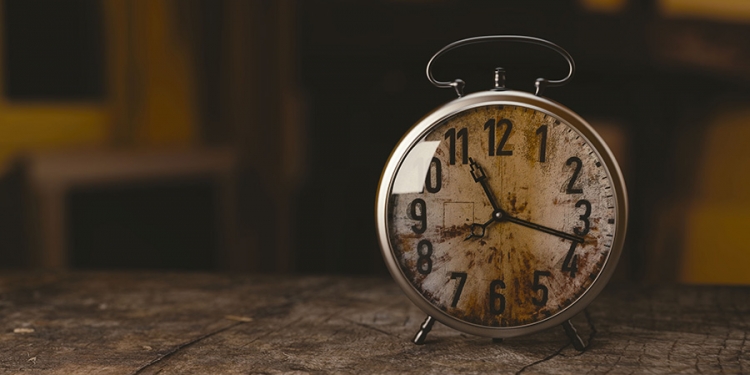
ArrayOctober 07, 2024
Could Retroactive Psychokinesis Allow Us To Influence The Past?

ArrayOctober 05, 2024
What Spontaneous Cases Are & Why Parapsychologists Research Them
Further Reading
Dive into the world of the paranormal and unexplained with books by Higgypop creator and writer Steve Higgins.

Hidden, Forbidden & Off-Limits
A journey through Britain's underground spaces, from nuclear bunkers to secret wartime sites.
Buy Now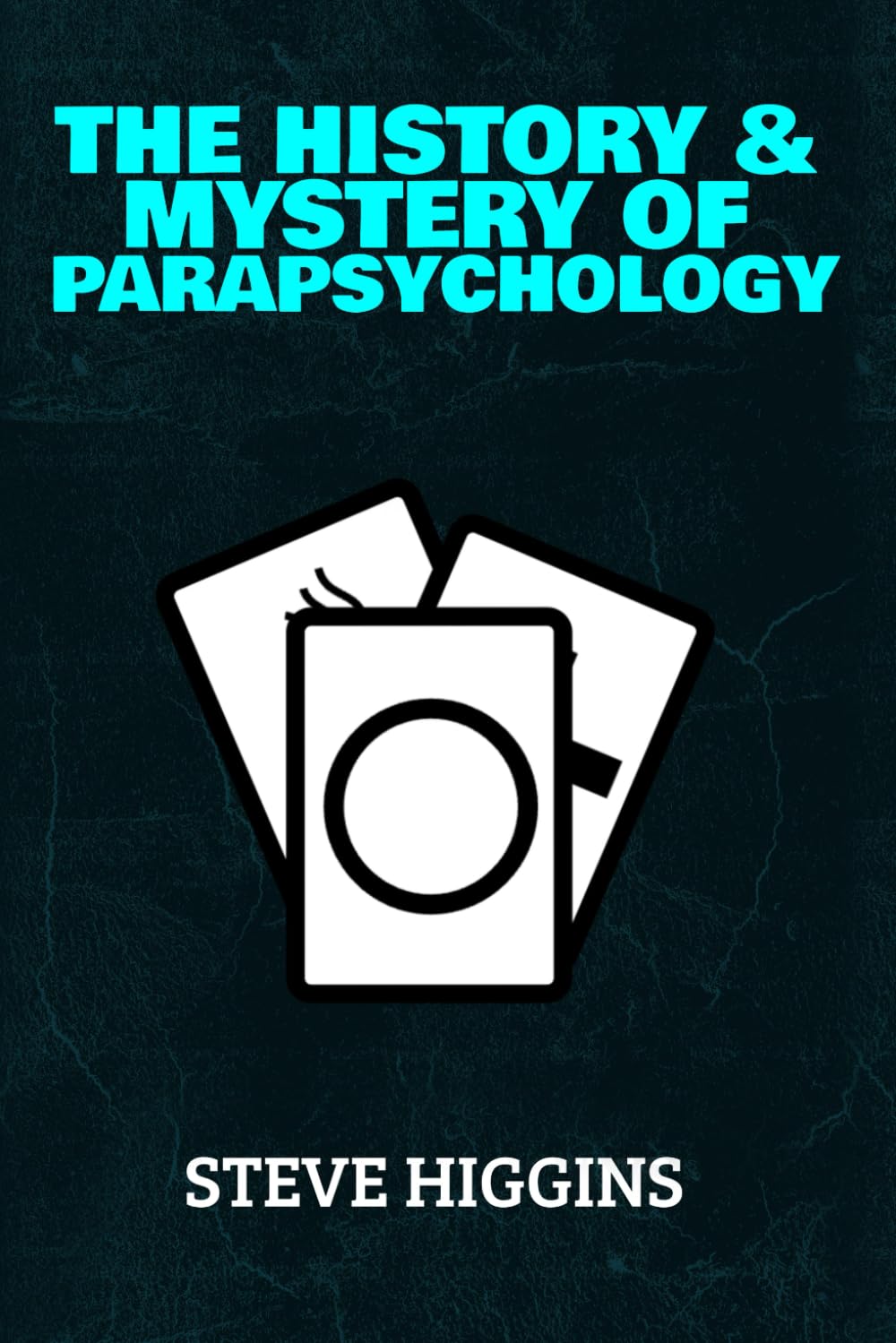
The History & Mystery Of Parapsychology
A deep dive into paranormal phenomena, exploring history, science, and psychology.
Buy NowMore Like This
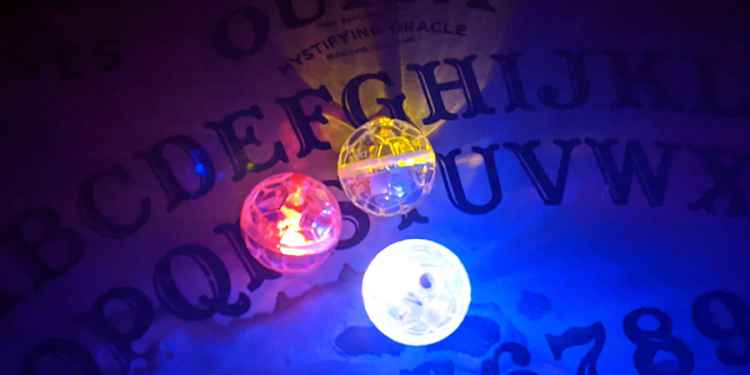
Ghost HuntingJanuary 26, 2025
These Are The Ghost Hunting Gadgets You Should Avoid If You Want To Be Taken Seriously As An Investigator
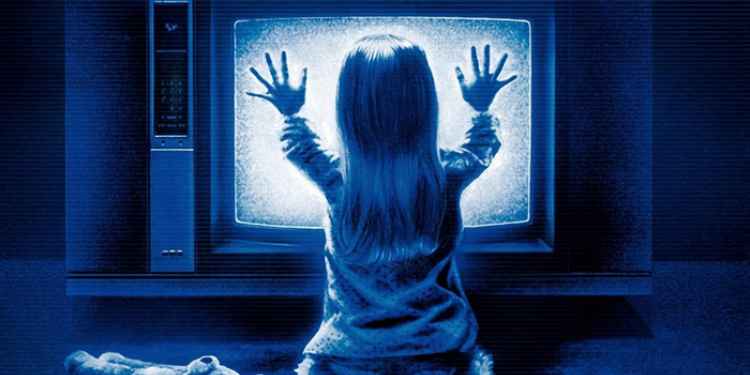
GamesDecember 09, 2024
Poltergeist Quiz
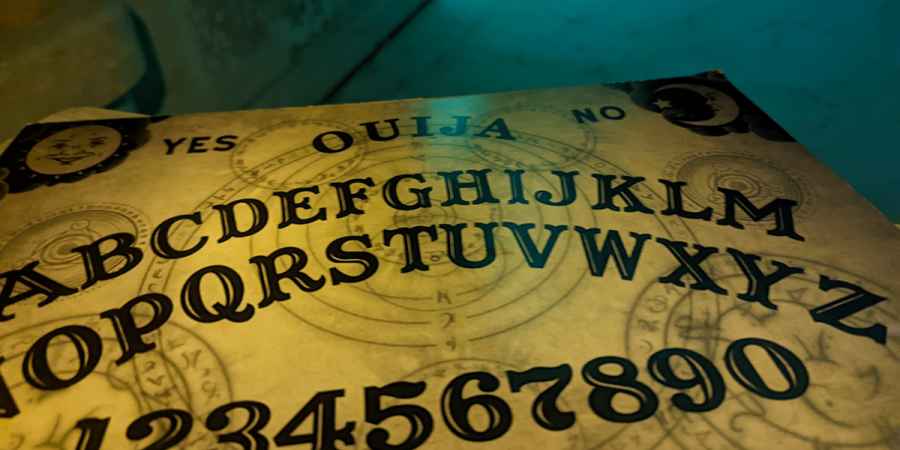
GamesDecember 08, 2024
Ouija Board Trivia Challenge
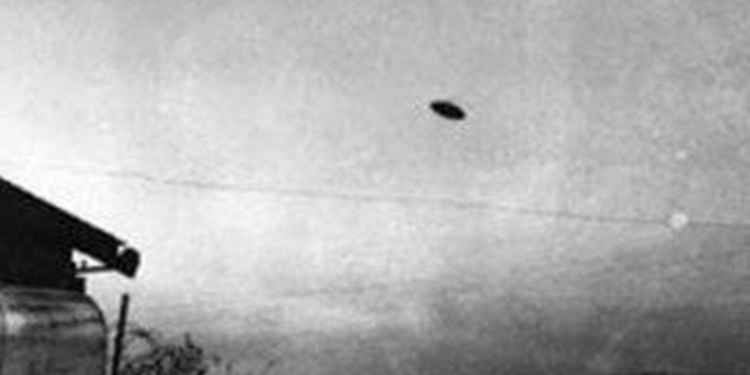
GamesDecember 04, 2024
Fakes, Hoaxes & Debunked Paranormal Claims Quiz
 See More on Audible
See More on Audible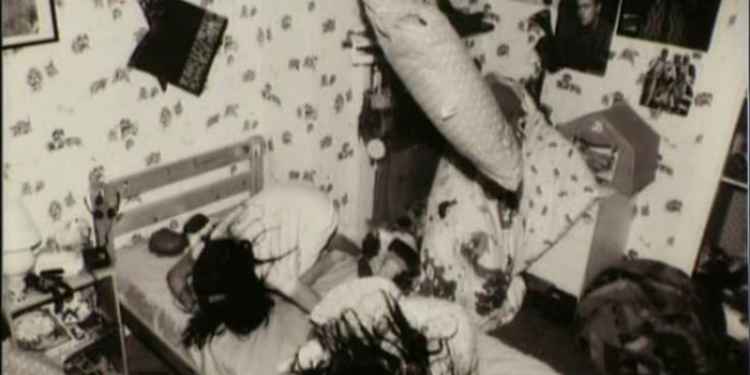

Comments
Want To Join The Conversation?
Sign in or create an account to leave a comment.
Sign In
Create Account
Account Settings
Be the first to comment.